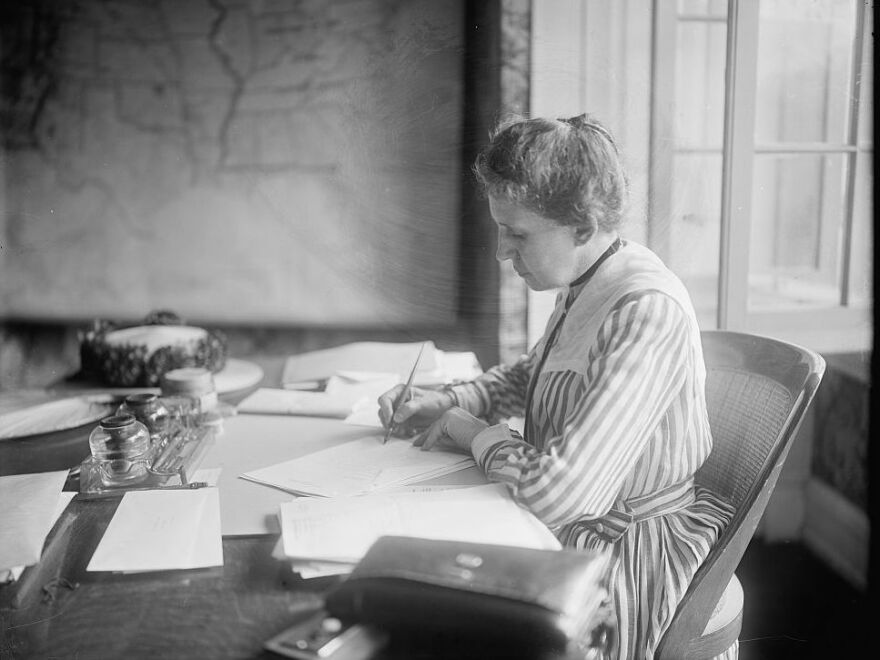In this three-part series, Planet Money delves into the history of competition, big business, and antitrust law—one of the most important but least-understood bodies of law in the United States.
Episode 1: Standard Oil
We start at the beginning, in the late nineteenth century, with the story of John D. Rockefeller and Standard Oil. We visit Titusville, Pennsylvania where the oil boom was in full effect. We retrace the steps of muckraking journalist Ida Tarbell as she uncovers the backroom deals struck by Rockefeller, then one of the world's richest men. Tarbell's investigative reporting in the early 1900s inspired a court case that helped change the design of the American economy.
Episode 2: The Paradox

If the breakup of the Standard Oil company was a turning point in the balance of power between enormous companies and the free market. The 1970s was a turning point in the other direction. In the decades leading up to the '70s, the government had grown increasingly aggressive—intervening in the free market to defend competition in more and more ways over time. Then a lawyer named Robert Bork completely transformed the way courts would interpret antitrust law. The approach to enforcement reversed direction away from protecting firms and toward a consumer focus, paving the way for today's tech giants.
Episode 3: Big Tech

For our final installment, we look at the present, and toward a future where markets may be dominated by tech giants like Facebook, Amazon, and Google. A new wave of antitrust thinkers is asking if the size and reach of these companies is a threat to competition, and ultimately to consumers. It's the backlash to the backlash introduced by Robert Bork in the seventies, and a reassessment of the relationship between the government and business in the United States.
Copyright 2023 NPR. To see more, visit https://www.npr.org.







